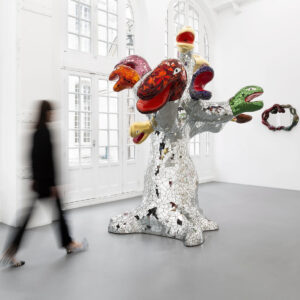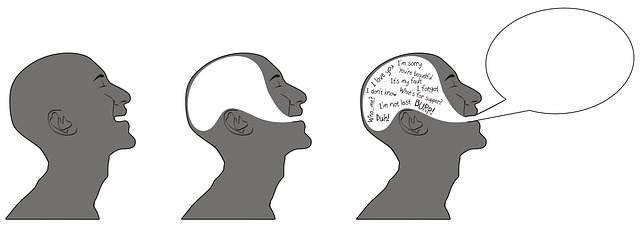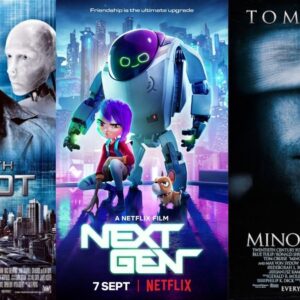The use or abuse of language in politics has always been part of the political lexicon in modern times. And all too often those who have somehow failed to live up to the high standards demanded of them in an employment of language have had — or their fans have had — the sheer discomfort of seeing their indiscretion getting the better of them sooner or later.
Think of Winston Churchill, revered by Britons but condemned around the world for the clear racism he resorted to in his attitude to political figures elsewhere. He called Gandhi a half-naked fakir. And his insensitivity to the plight of dying Bengalis in the Great Famine of 1943 was only worsened by the language in which he condemned them. Muhammad Ali Jinnah’s reputation took a hammering in early 1948 when he insisted, before a mammoth crowd of Bengalis, that Urdu and Urdu alone would be the language of the state they were part of.
In the 1970s, Richard Nixon, unable to stomach Indira Gandhi’s self-esteem, let loose with a use of expletives against the Indian leader. Mrs. Gandhi was regularly the target of venom from Pakistan’s leaders. Yahya Khan disdainfully referred to her as ‘that woman’ while Z.A. Bhutto used the degrading term ‘mai’ as he carried on with his populist politics in Pakistan during the election campaign of 1970. Within India, Morarji Desai did little credit to himself when he described Indira Gandhi as a ‘chhokri’, a mere slip of a girl. The ‘chhokri’ would turn out to be a much more formidable politician than Desai and his friends in the wobbly Janata Party. In 1964, as the Combined Opposition Parties (COP) in Pakistan tried to have Ayub Khan dislodged from power by Fatima Jinnah, the president rounded on General Azam Khan, one of his erstwhile army colleagues and at that point with COP, with the remark, ‘Uss ke demagh mein bhusa bhara hua hai’ (his head is filled with hay). It was a cheap statement, obviously.
When Ayub Khan threatened to employ the ‘language of weapons’ against the proponents of the Six Points in 1966, he was not quite aware that he was only inviting trouble for himself. And he did. His man in East Pakistan, Abdul Monem Khan, once vowed to have Sheikh Mujibur Rahman kept in prison for as long as he was governor. In the event, Mujib emerged into freedom more than a month before Monem was removed from office in March 1969. General Tikka Khan, asked by the Pakistani army officer who had arrested Bangabandhu in the early hours of 26 March 1971 if he would like the prisoner to be brought before him, contemptuously replied, ‘I don’t want to see his face.’ Three years later, in February 1974, Tikka Khan, as chief of staff of the Pakistan army, was saluting Bangladesh’s leader when the latter arrived in Lahore for the Islamic summit. That reminds us: in February 1971, Bhutto had threatened to break the legs of anyone who dared to travel to Dhaka for the National Assembly session. In the event, it would be his country that would stand broken and battered at the end of the year.
In Bangladesh, General Ziaur Rahman proudly declared once, ‘Money is no problem.’ He had little idea that money would be a problem for his country for a very long time. In Pakistan, General Ziaul Haq was arrogance personified when, speaking of the imprisoned Bhutto, he declaimed, ‘I will hang that bastard.’ He did. Eleven years later, he was blown to pieces when his aircraft came down in Bahawalpur. At the height of Watergate, Richard Nixon told the media in the White House, ‘I am not a crook.’ In August 1974, he resigned after evidence turned up that he had indeed been a crook.
Ah, language! A fine thing, surely. In the wrong hands, it can come back to haunt the one who wields it as a base weapon against others. Or uses it without thought to the ramifications that may arise as a result.
— Syed Badrul Ahsan is an independent journalist and political analyst













